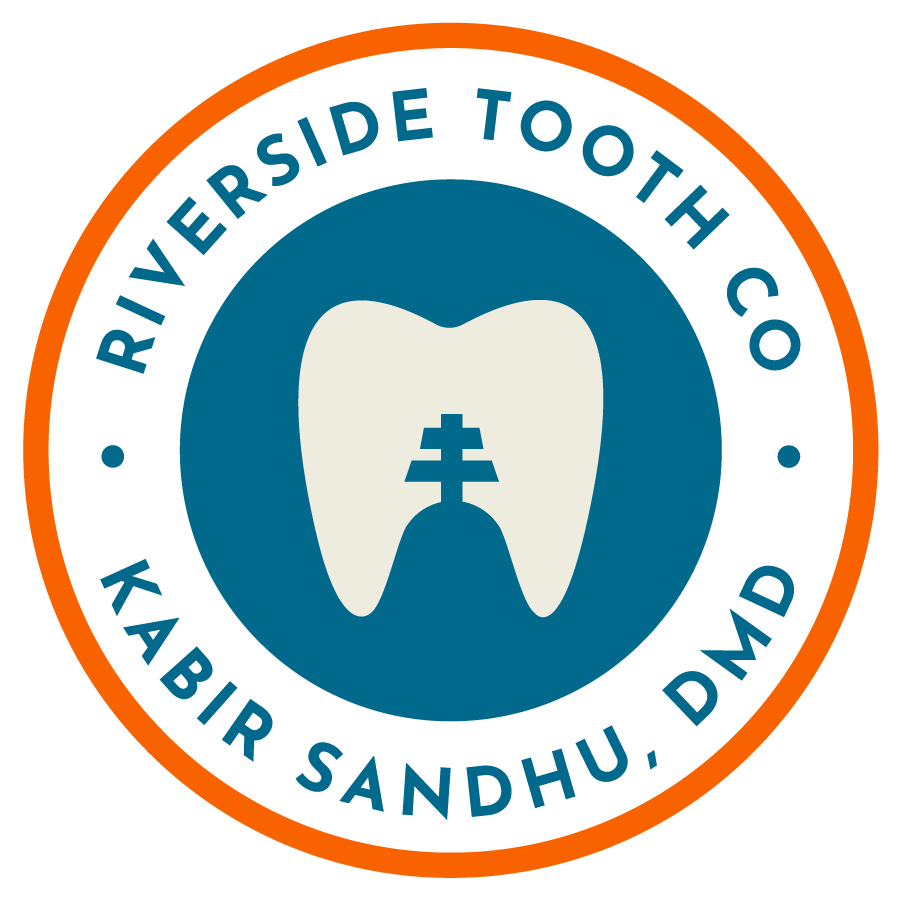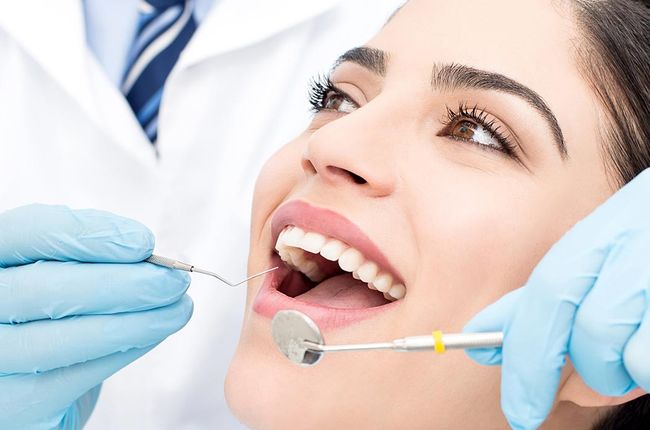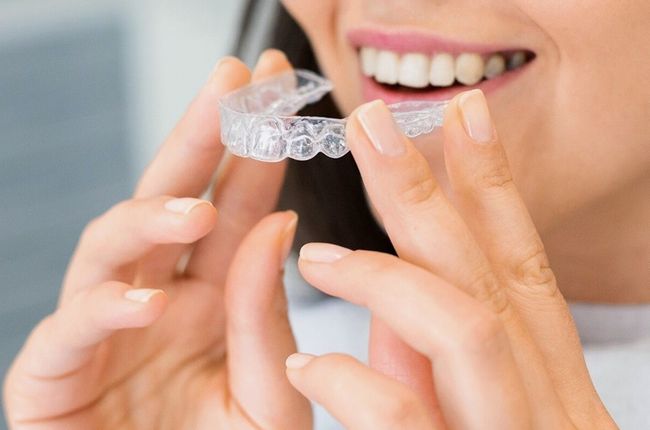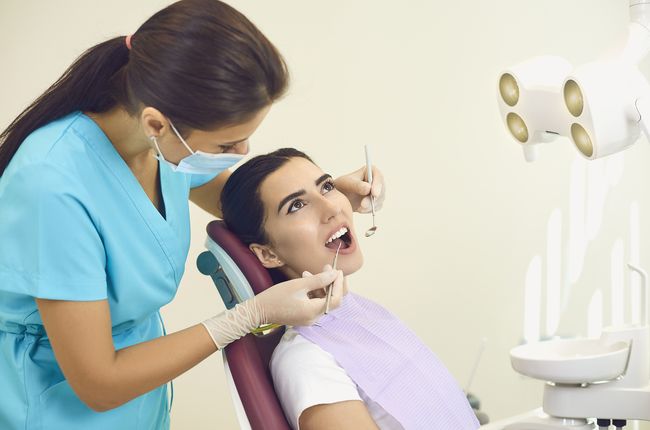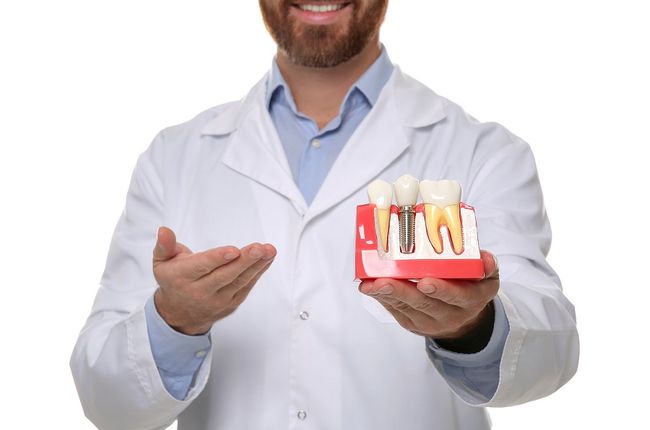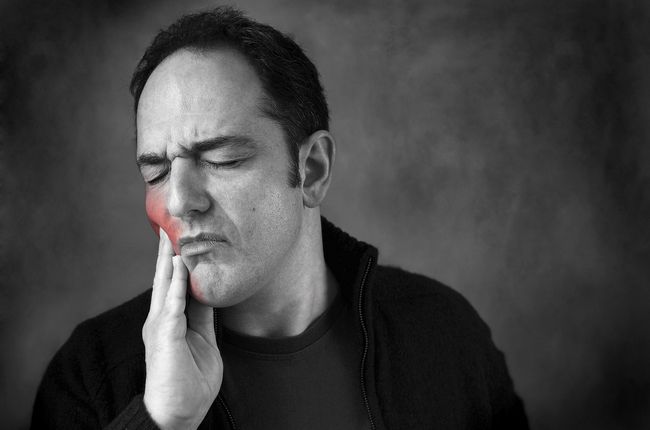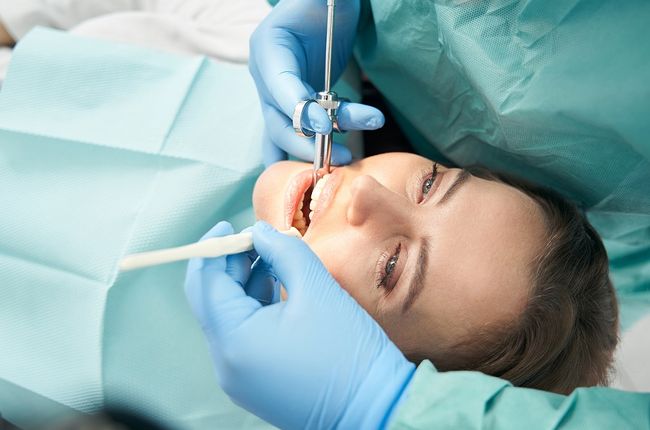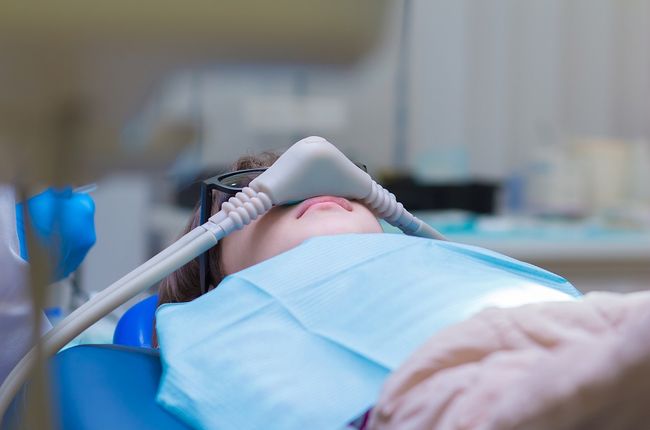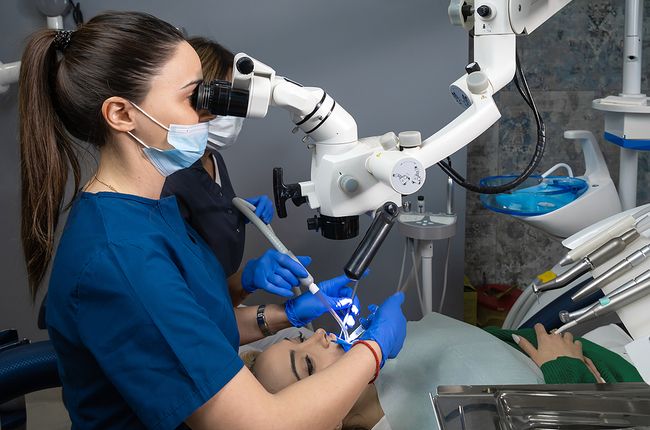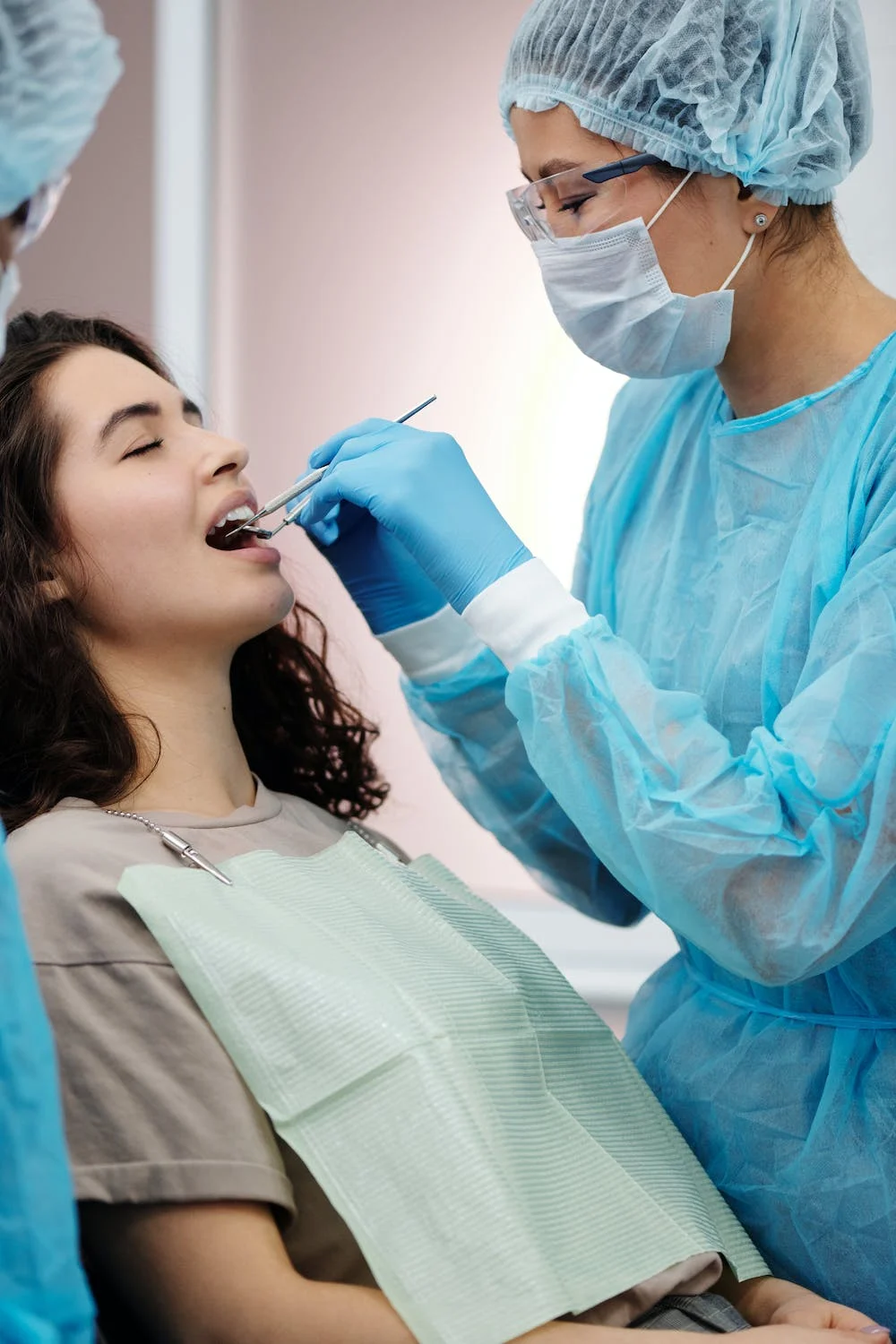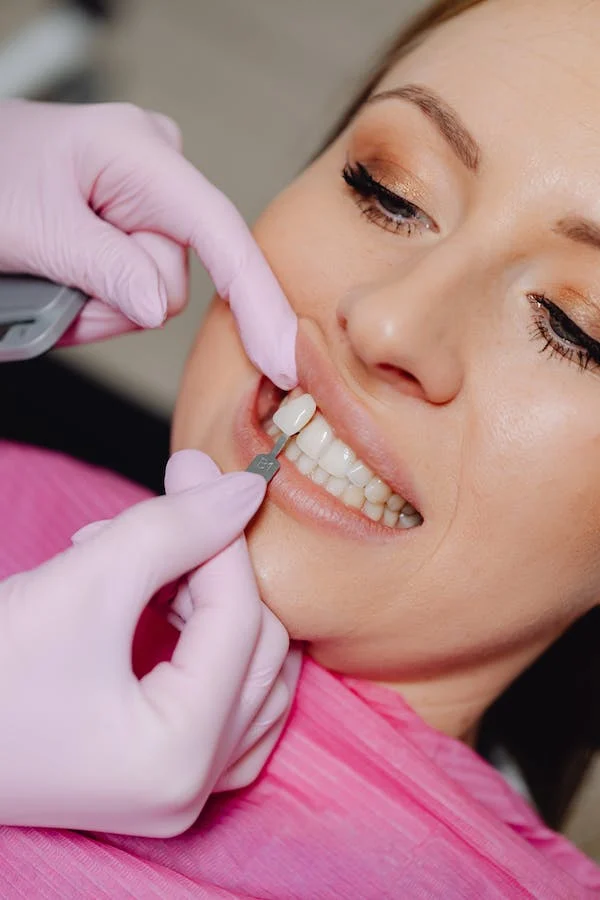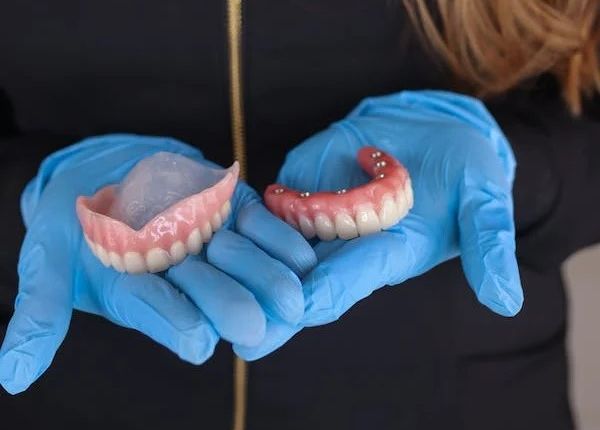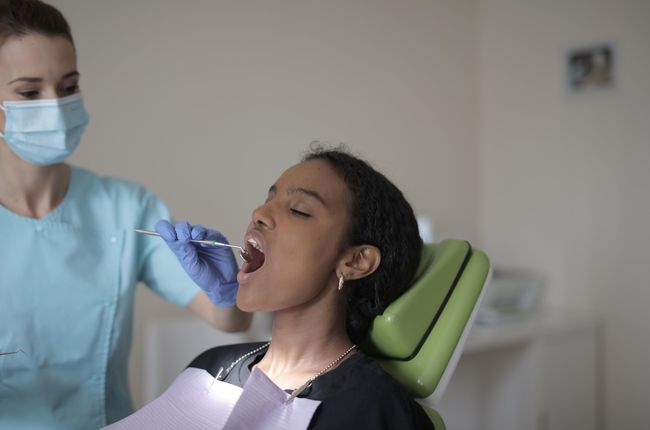Toothache in Riverside, CA
A toothache refers to a distressing sensation of pain originating from within the tooth or its surrounding structures, often caused by dental issues. When a toothache strikes, it can be an excruciating experience that disrupts one's daily activities and overall well-being. This discomfort may manifest as a constant throbbing ache, sharp jabs of pain, sensitivity to hot or cold temperatures, and tenderness while biting down or chewing food – all indicating underlying dental problems. These issues range from cavities, gum disease, abscesses, and cracked teeth to impacted wisdom teeth, each with its own unique symptoms and causes. Regardless of the specific cause, though, a toothache demands immediate attention from qualified dental professionals in order to alleviate pain effectively and prevent further complications that could potentially compromise oral health.
Toothache As A Dental Emergency
When it comes to dental emergencies, timing is everything. But what exactly qualifies as a dental emergency? Well, it can vary from person to person and situation to situation. Generally speaking, any oral health issue that requires immediate attention to relieve pain, prevent further damage, or save a tooth can be considered a dental emergency.
One common type of dental emergency is severe tooth pain. If you're experiencing intense and persistent pain in your tooth or jaw, it's important not to ignore it. Pain could be an indication of various issues such as infection, abscess, or even a cracked tooth.
Causes of Toothaches
Toothaches can be caused by a variety of factors, and understanding these causes is essential for effective treatment and prevention.
- One common cause is dental decay, also known as cavities. When bacteria in the mouth produce acids that eat away at the tooth enamel, it can lead to sensitivity and pain.
- Another possible cause of toothache is gum disease. This occurs when plaque builds up along the gum line, causing inflammation and infection. The gums may become swollen, tender, and bleed easily. In advanced stages, gum disease can even lead to tooth loss.
- In some cases, a toothache may be due to an abscessed tooth. This happens when there is an infection deep within the tooth's root or between the gums and teeth. It often results in severe pain, swelling of the face or jaw area, and even fever.
- Other potential causes include cracked or fractured teeth from trauma or biting down on hard objects like ice or nuts. Additionally, sinus infections or earaches can sometimes cause referred pain that feels like a toothache.
Understanding the underlying causes of your toothache will help your dentist determine the most appropriate treatment plan for you. So if you're experiencing any discomfort in your teeth or gums that lasts longer than a day or two, it's important to seek professional dental care as soon as possible.
Signs and Symptoms of Toothache Being a Dental Emergency
Toothaches can be incredibly painful and disruptive to your daily life. While some toothaches may be mild and temporary, others can signify a dental emergency that requires immediate attention. It's important to recognize the signs and symptoms of a toothache being a dental emergency so you can seek timely treatment.
- One common sign is severe or persistent pain in the affected tooth or surrounding area. This pain may be sharp, throbbing, or constant, making it difficult to eat, speak, or sleep comfortably. Additionally, if you experience swelling around the affected tooth or notice an abscess forming on the gums, this could indicate an infection that needs urgent care.
- Another symptom to watch out for is increased sensitivity to hot or cold temperatures. If sipping on a warm cup of tea or biting into an ice cream cone triggers intense pain in your tooth, it could suggest underlying issues such as decay or nerve damage.
- Furthermore, pay attention to any changes in your bite alignment. If you suddenly find it challenging to close your mouth properly without discomfort or notice your teeth no longer fit together correctly when chewing food, it might signal a more serious problem requiring immediate attention from a dentist.
- Other red flags include bleeding gums around the affected tooth when brushing or flossing and difficulty opening your mouth fully due to jaw stiffness accompanied by severe toothache.
Remember that not all dental problems constitute emergencies; however, if you're experiencing any of these signs and symptoms described above, it's crucial not to ignore them. Seeking prompt, professional help will not only alleviate pain but also prevent potential complications down the road!
Treatment for Toothaches
When it comes to treating toothaches, the first step is to identify the underlying cause of the pain. This can be done by visiting a Dentist in Riverside, CA who will examine your mouth and may take X-rays to get a better understanding of what's going on. Once the cause has been determined, appropriate treatment can begin.
In cases where tooth decay or cavities are causing the pain, your dentist may recommend a filling or dental crown to restore and protect the affected tooth. If there is an infection present, a root canal procedure might be necessary to remove the infected pulp and save the tooth from extraction.
For temporary relief from toothache pain at home, over-the-counter pain relievers like ibuprofen can help alleviate discomfort until you can see a dentist. It's important not to rely solely on these remedies as they only offer temporary relief.
Maintaining good oral hygiene practices such as brushing twice daily with fluoride toothpaste and flossing regularly can go a long way in preventing future toothaches. Regular dental check-ups also play a vital role in catching any issues early on before they become major problems.
Remember that self-diagnosis and delaying treatment could lead to more severe complications down the line. So if you're experiencing persistent or severe toothache pain, don't hesitate - reach out to your dentist for professional guidance and treatment options tailored specifically to your situation.
Conclusion
A toothache can be a distressing and painful experience. It is important to understand when a toothache becomes a dental emergency and requires immediate attention from a dentist.
Treatment for toothaches may vary depending on the severity of the condition but usually involves addressing any infection present through antibiotics or performing procedures such as fillings root canal treatments extractions etcetera accordingly if necessary.
Remember, prevention is always better than cure, so maintaining good oral hygiene habits, regular dental check-ups, and following preventive measures like wearing protective gear during physical activities are essential steps toward preventing dental emergencies.
In conclusion, being aware of what constitutes a dental emergency, understanding its causes, identifying signs and symptoms requiring immediate attention, and seeking prompt treatment from a dentist are crucial aspects for managing toothaches effectively. If you’re interested in learning more about how we can help improve your smile’s health and function, contact Riverside Tooth Co. at 6886 Indiana Ave Suite B, Riverside 92506, or call (951) 686-2565.
Contact Us
6886 Indiana Ave Suite B,
Riverside, CA, CA, 92506
Email: info@riversidetoothco.com
Phone: (951) 686-2565
Working Hours
MON8:00 am - 5:00 pm
TUE - THU9:00 am - 6:00 pm
FRI7:00 am - 12:00 pm
SAT - SUNClosed
